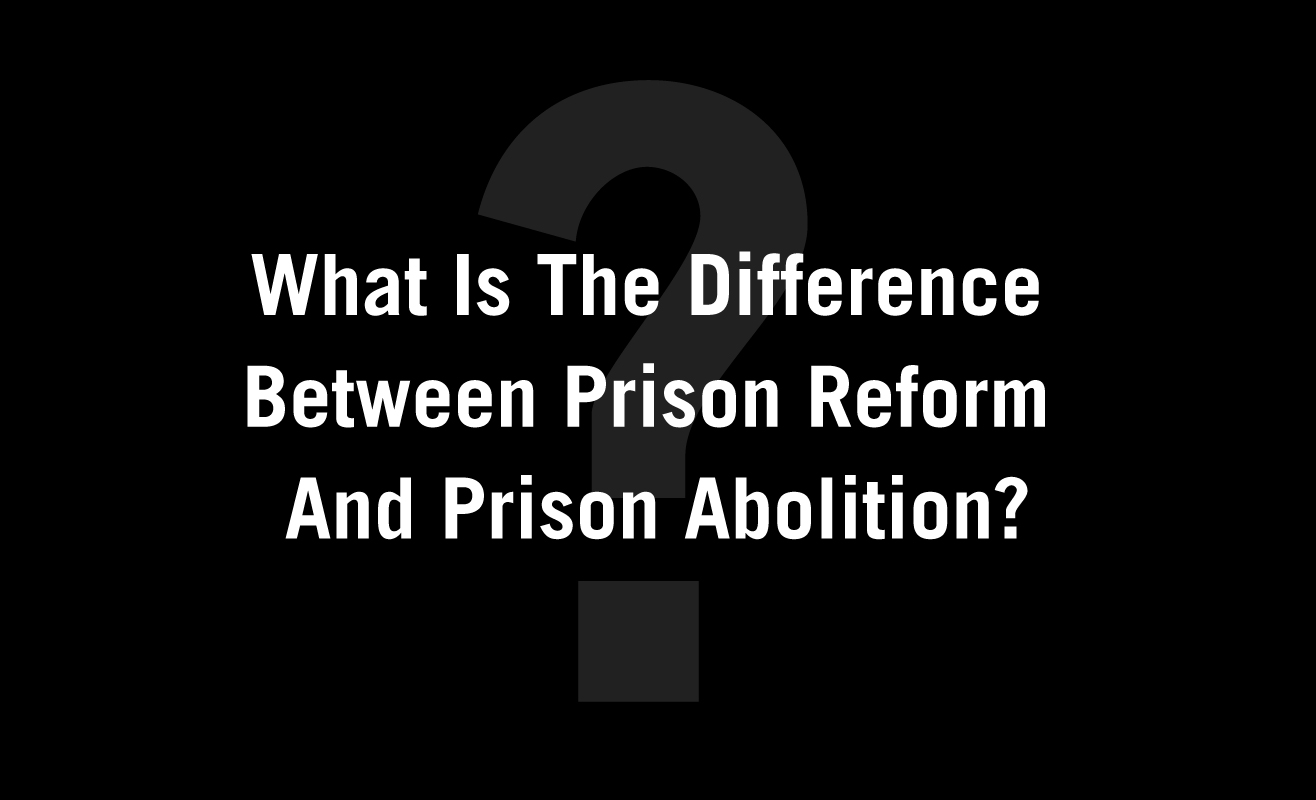
“Reforming the prison entails changing its existing practices to make the system a better one. Abolishing the prison entails dismantling it wholesale. Reformers object to how the prison is administered. Abolitionists object to the prison’s very existence.”
— Ruby C. Tapia, co-editor of Interrupted Lives: Experiences of Incarcerated Women in the United States (2010).
“A cage is a cage is a cage. We want strategies that let people out of cages, not ones that are for building nicer or better cages.”
— Annotation in the meeting notes of the Statewide Harm Reduction Coalition (SHaRC) in Chicopee, MA, 2006.
Activist work focusing on incarceration in Massachusetts has followed two distinct, yet sometimes overlapping, philosophies: prison abolition and prison reform. Prison reformers have uniquely focused on advocacy, policy change, and healthcare support for people already in the criminal justice system. Prison abolitionists have advocated for policy change and community alternatives to incarceration, including community centers, schools, and physical and mental health care resources. Where they overlap, however, is in their work to expose the impacts of mass criminalization, to change public perceptions of incarcerated men and women, and to serve as advocates for people who are incarcerated.